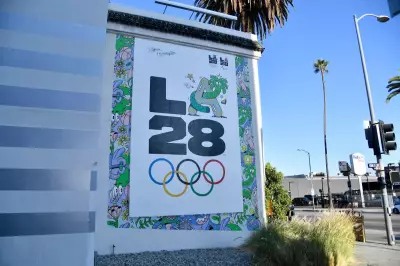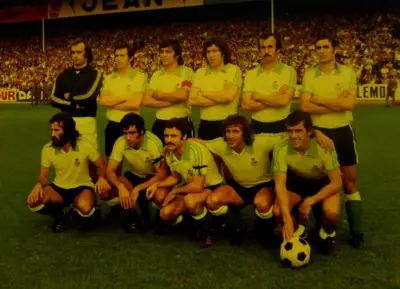
Adelaide Crows sensation Izak Rankine has been compelled to leave the country in a dramatic fallout from his four-match suspension for directing a homophobic slur at an opponent.
The explosive incident occurred during the third quarter of the Crows' clash with Hawthorn at Adelaide Oval, sparking immediate controversy and a swift investigation by the AFL.
In an unprecedented move, the Adelaide club has announced that the 24-year-old forward will undertake what they term an 'education and reflection' period overseas, effectively being exiled from the team environment following his grave error in judgement.
Club Takes Drastic Action
Adelaide Crows CEO Tim Silvers revealed the club's stern response, stating that Rankine's actions were 'completely unacceptable' and did not align with the values the organisation upholds. 'We believe Izak needs to step away from football to properly understand the impact of his words,' Silvers explained.
The programme, designed in consultation with Pride Cup Australia and other LGBTQ+ organisations, aims to provide Rankine with comprehensive education about the harmful impact of homophobic language in sport and society.
AFL's Strong Stance
The Australian Football League came down heavily on the player, handing down one of the most significant suspensions ever for discriminatory language. AFL General Counsel Stephen Meade emphasised that there is absolutely no place for homophobic slurs within the sport.
'Our message is clear: such language causes real harm and will be met with serious consequences,' Meade stated during the tribunal hearing.
Road to Redemption
Rankine, who publicly apologised for his actions, expressed remorse for the hurt caused. 'I am deeply sorry for the pain I have caused. I have let down my club, my teammates, and the community,' the forward said in an emotional statement.
The Adelaide Crows have confirmed that Rankine's return to playing will be contingent upon successful completion of his education programme and demonstration of genuine understanding and growth.
This incident marks a significant moment in Australian sports, highlighting the ongoing battle against discriminatory language and the serious measures clubs are now willing to take to address player conduct.





